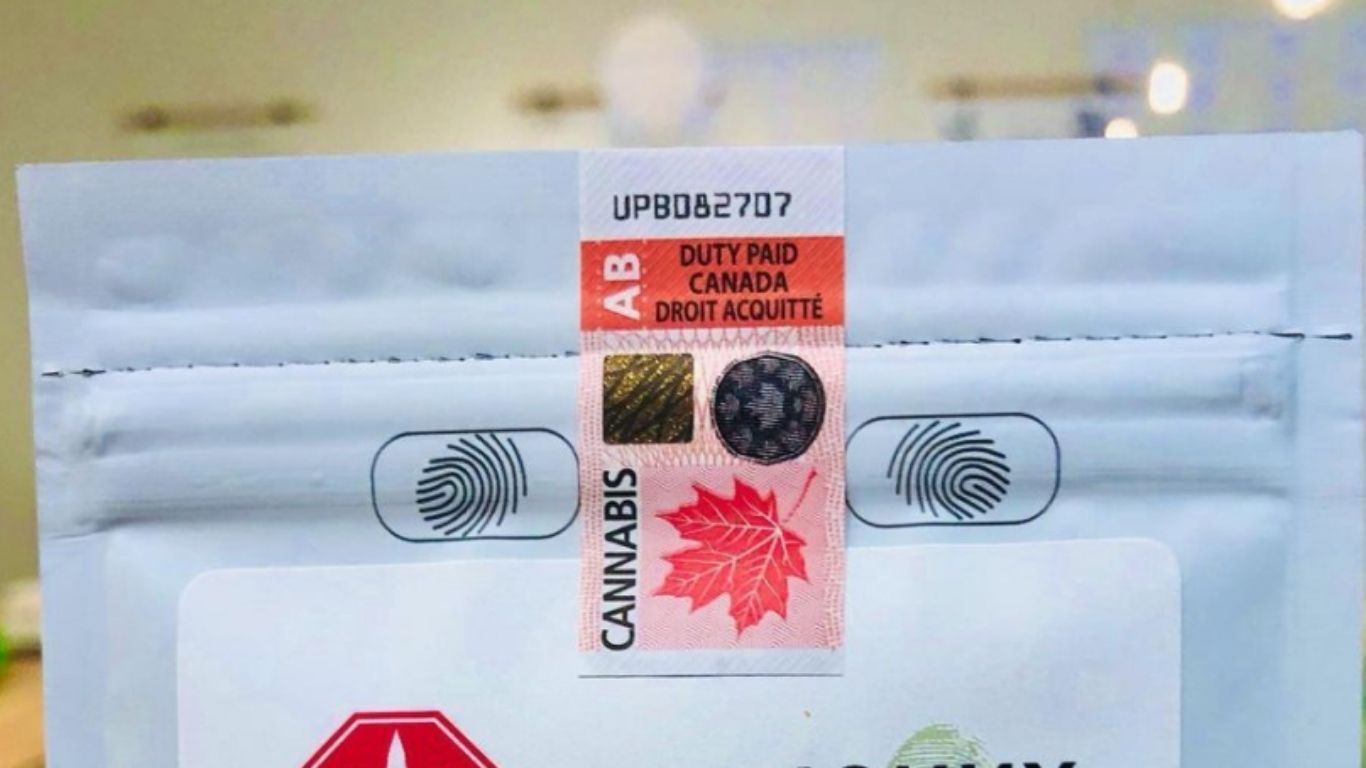
Alberta has announced several changes to their retail cannabis regulations that will come into force on January 31, 2024, including allowing cannabis retailers to operate temporary sales locations at adult-only events like trade shows and festivals.
Other changes include allowing cannabis retailers to keep their products in locked display cases when the store is closed rather than moving these products into a secured storage room at the close of every business day, and removing restrictions on sales and transfers between cannabis retailers to further allow Alberta Gaming, Liquor and Cannabis (AGLC) to establish resale markup limits.
“We’ve been looking at the cannabis market to determine what’s working, what needs to be improved, and what’s redundant or unnecessary while protecting public health and safety,” said Dale Nally, Minister of Service Alberta and Red Tape Reduction.
“These changes are the result of our latest work to help curb the illegal cannabis industry and continue providing choices Albertans can trust.”
In response to a request for comment, a media representative for the AGLC tells StratCann that the “policies and processes to support cannabis licensees who are interested in operating temporary sales locations are in development and will be shared with cannabis stakeholders prior to the implementation date.”
Raj Grover, founder & CEO of High Tide Inc., which operates numerous cannabis stores in Alberta and across Canada, said he’s pleased by the announcements.
“I am thrilled with these common-sense changes, such as allowing cannabis retailers to operate temporary sales locations for adults at festivals and trade shows. The removal of unnecessary red tape for the cannabis industry will safeguard the tens of thousands of jobs that have been created since legalization.”
Nathan Mison, the president of Diplomat Consulting, who helped lobby for these changes, says they have been in the planning stage for some time now. All three changes, he argues, will be very beneficial for the Alberta retail sector, from allowing cannabis sales at events, to saving retailers money by not needing to dedicate staff hours to moving product each night and morning, to being able to shift products between stores.
“This a huge step forward, unlocking cannabis as a vehicle for tourism and hospitality and we’re absolutely thrilled by this step and we look forward to seeing cannabis festivals. And hopefully can open the door to cannabis lounges.”
Randy Rowe, the owner of the Grow Up industry conference, which will take place September 29 – Oct. 1, 2024, says he’s happy with the move.
“Allowing retailers the option to temporarily sell products at trade shows and festivals is a huge step in the right direction. Consumers need to have safe and open access to cannabis while in an adults-only environment. It opens our industry trade show to include consumers in the festivities”
The AGLC has made several other changes to its cannabis rules and regulations this year, including: removing restrictions for retail cannabis store signage to allow for more flexibility in store names; simplifying the steps required for age verification for online licensed cannabis websites to more closely align with those in other provinces; and reducing listing fees for licensed producers by 83% and shipping fees for retailers by 11%.
In addition, in 2022, the province removed the requirement for window coverings for cannabis retailers.
In October of this year, AGLC also shared with producers that it would begin sending them reports detailing sales of their products on a regional basis. AGLC will also share an “Alberta Regional Report” detailing all AGLC sales to retailers of general product categories for the month on a regional basis.
In March, the province allowed producers to hand out samples at cannabis events, as well.
While producers will only receive the regional reports on their own products, the Alberta Regional Report will be available to all cannabis producers who sell into Alberta. The report will be anonymized and will apply to any product supplied by at least four cannabis producers.
British Columbia recently announced a similar program, although it goes even further, providing producers with sales information down to the specific store.
AGLC also recently announced they had reduced the SKU listing fee for cannabis producers. Previously $1,500, the reduced fee to list a new SKU to sell into the Alberta market is now $250.
This article has been edited to include comment from the AGLC.











